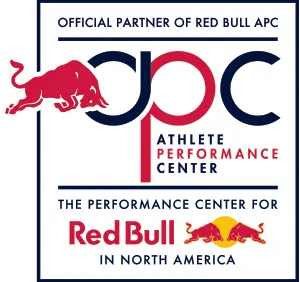Football will start in just a short time, which means that athletes at the high school, college, and professional levels will be heading back to the gridiron to play. Hopefully they’ll be doing so with concussion prevention at the forefront of their thoughts.
With a contact sport like football, you’re never going to completely eliminate the risk of a concussion. To do so would be to completely alter the game as we know it (although some suggest that this is exactly what needs to take place). But there are certain ways that players can protect themselves and coaches can offer instruction geared toward the same.
Better helmets is another option. A new report from USA Today focuses on some of the caps being developed which fit over regulation helmets as a means of providing extra protection. While promising for what they could mean for safety, the items do fail to meet the stringent rules for certification put forth by the National Operating Committee on Standards for Athletic Equipment.
That organization has called for a reworking of how the system works rather than a reworking of how equipment works. They would prefer to see improvements in medical diagnoses and intervention and coaching that emphasizes hits that won’t create a cranial impact.
Just what kind of changes would “proper hits” entail? For that information, just look to alterations to the way referees have been instructed to call football games. No longer are defensive players supposed to lead with their head like a missile being propelled into another player’s helmet. And in a change for this year, runningbacks in the NFL are even being prohibited from running into a cluster of players with their heads down, the thought being that this could cause unwarranted harm. It’s going to be up to coaches to get into the mindset of safety and inform players of these dramatic changes to the game. They’ll need to emphasize tackling in a way that doesn’t unnecessarily put anyone at risk for a concussion.
Of course, those caps mentioned above hold a certain appeal to those who aren’t so keen on completely changing the way players tackle. The University of South Carolina has begun to hand out Guardian Caps for practice. These items go on top of the helmet and purport to offer additional cushioning. Other systems from Reebok and Riddell include sensors, the thought being that hits can be measured and recorded in order to deduce when a player might be at risk.
Clearly, progress is being made on numerous fronts in terms of concussion safety.
About the author




